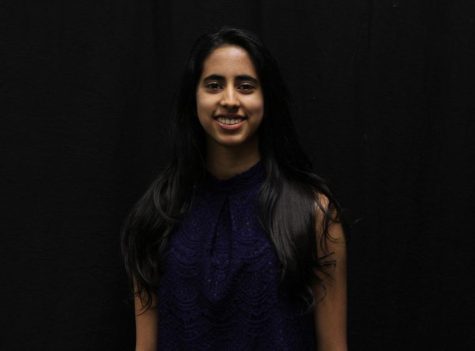Lynbrook Economics takes on the National Economics Challenge
March 4, 2020
This year, Lynbrook Economics Club will be competing in the National Economics Challenge (NEC), a competition that tests student comprehension of the world economy and microeconomic principles. In the first round of competition on March 4, the competing teams will take a comprehensive economics test that will determine whether they move on to the next round.
Passed by the Legislative Council in the 2019-2020 school year, Lynbrook Economics focuses on teaching students the ins and outs of economics and decision-making. Its goal is to help students stay informed about market functions while also preparing members for state and national economic competitions and quiz bowls.
“We want to provide students with an opportunity to delve deeper into economics at Lynbrook,” said Raymond Shao, vice president of logistics. “We already have quite a few business clubs but those aren’t specifically for economics, so we wanted to bridge that gap.”
Currently, the club is preparing members for the NEC, an annual competition comprised of written exams, presentation-based critical thinking rounds and on-stage quiz bowls. The first round of competition happens at the state level, in which teams of three to four students take a multiple-choice exam that covers content ranging from market analysis to customer buying behavior. The top-scoring teams on the exam go on to represent their respective states at the nationwide competition. The national semifinals are the third tier of the competition; there, winners of the state-level competition compete to secure their spot in the finals against China in the international quiz bowl.
There are two different competition divisions: the David Ricardo Division, which is for new members, and the Adam Smith Division, which is for members who have taken an economics class prior to the competition. Members of Lynbrook Economics are sorted into their divisions based on placement tests the club conducts at the start of the year. Depending on their performance, teams are then separated into their competition division. In addition to the placement test, the club also provides many resources to help members review for the competition.
“We conduct workshops every Tuesday after school just to teach members and others who are participating in the concepts what they need to know for the National Economics Challenge,” said Aryan Shah, Economics Club’s vice president of training. “In addition, a lot of these exams are based on just the AP Economics content, so we also bought 30 AP Barron’s textbooks and we loan them out to members to study.”
Because the club is still relatively new, the officers are still experimenting with different strategies to make sure their members are successful at the competition. Currently, the after school study sessions seem to have a substantial impact on educating members and providing them with the necessary resources.
“I think more than anything, we just want [members] to learn and have fun,” Shah said. “There are not many ways, especially in high school, to really utilize the knowledge that you might have learned, especially in the field of economics, so we’re hoping that through this club and competition, students will be more motivated to learn about economics.”



























































